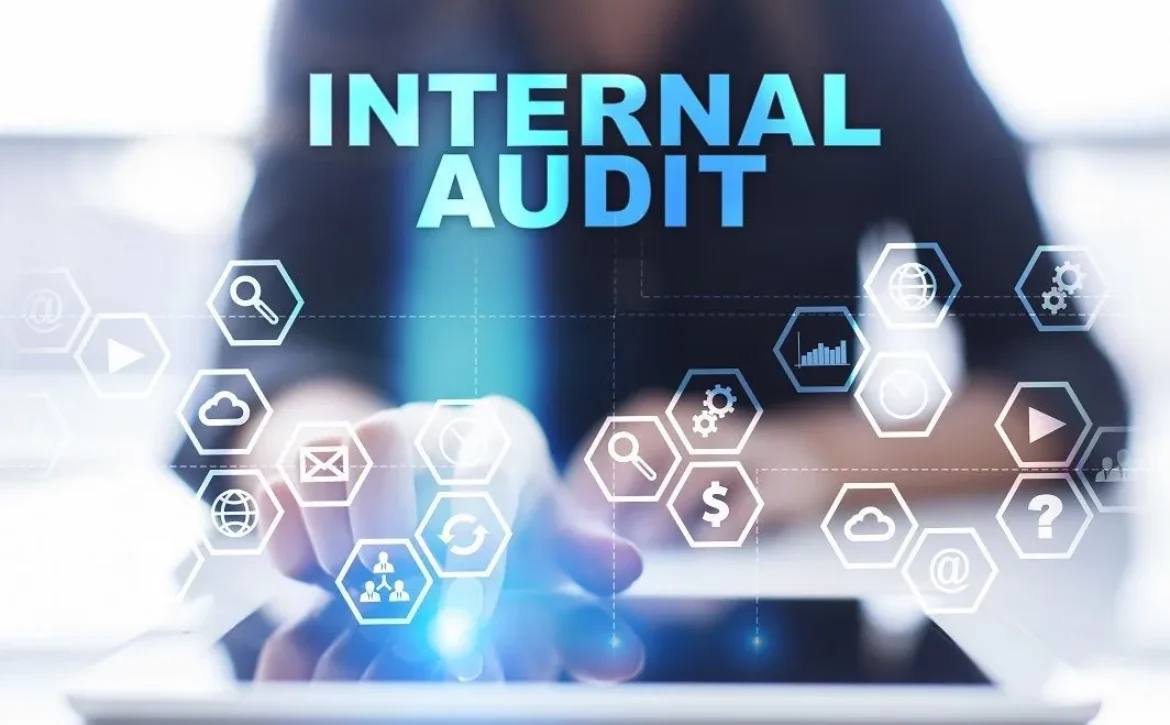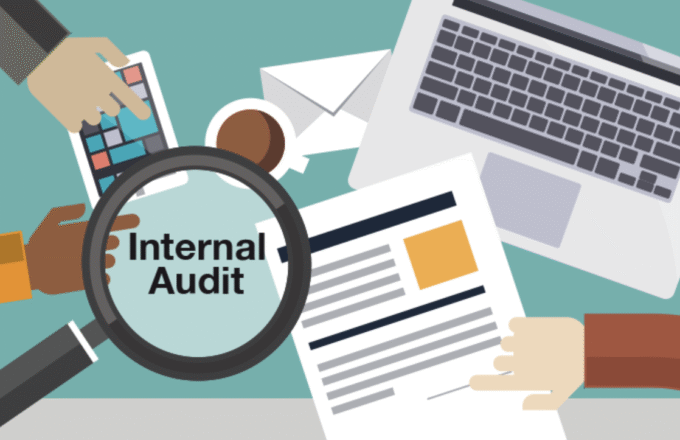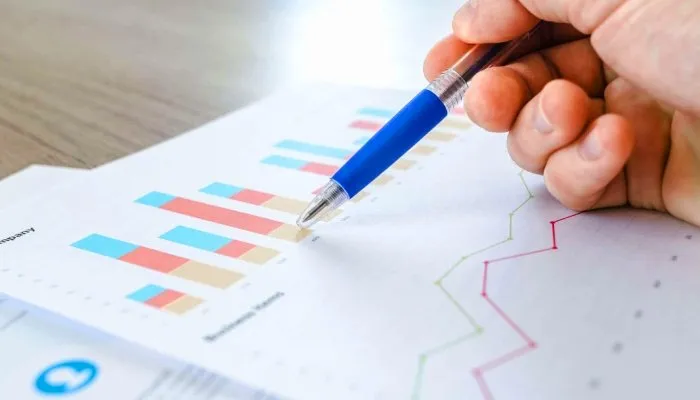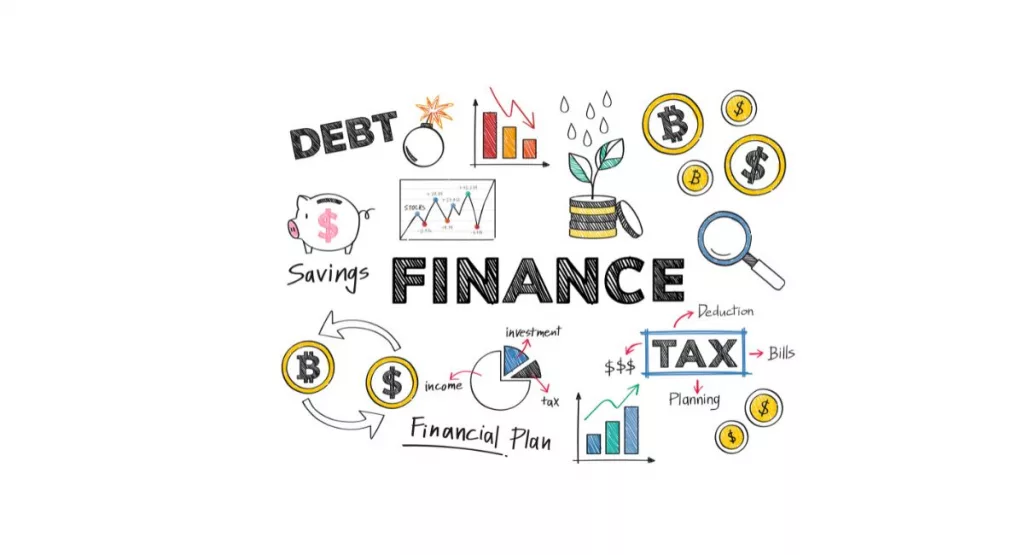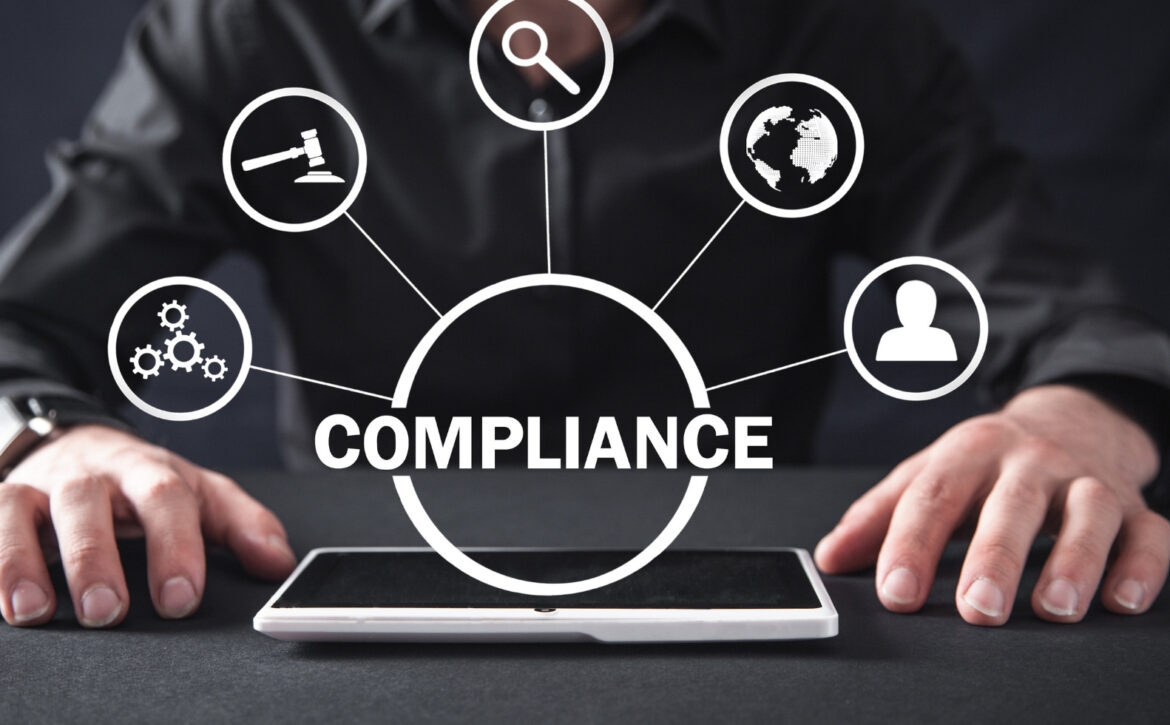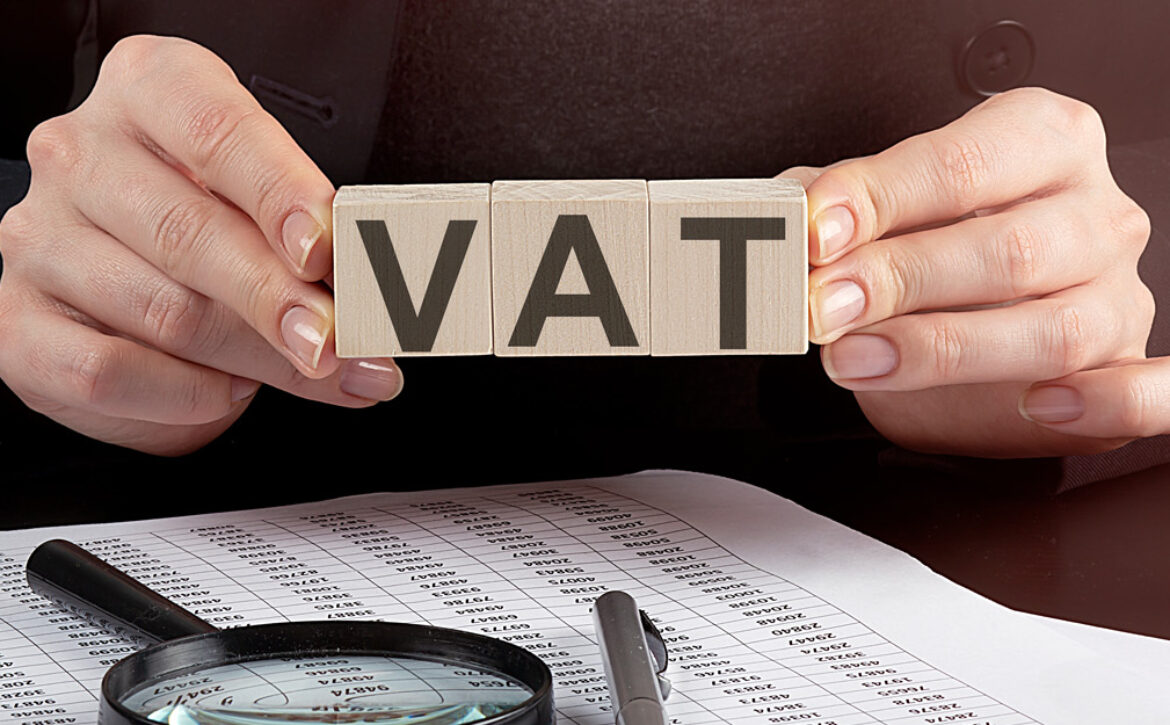UAE Corporate Tax 2026
UAE Corporate Tax 2026
The 2026 UAE Corporate Tax transforms company operations, aligning them with global standards. Companies must understand these changes to ensure compliance and competitiveness while preparing early to mitigate risks and plan finances. The UAE government prioritizes transparency and accountability, requiring companies to adjust their systems and tax strategies to align with new regulations for sustainable revenue.
Understanding the Corporate Tax for the year 2026
The 2026 Corporate Tax uses the existing structure to improve compliance and reporting in the UAE. It will apply to both Mainland and Free Zone Entities, with companies needing to assess eligibility for exemptions. A proper understanding of their tax compliance requirements will prevent potential costs and penalties resulting from mistaken assessments.
Potential Changes under Corporate Tax for the year 2026
The Corporate Tax for 2026 could include refinements to the reporting and disclosure requirements; however, the expectation for enhanced documentation and audit readiness will increase significantly for Companies. Therefore, Companies must ensure that they have accurate and complete financial records.
Transfer pricing rules will also receive increased oversight due to business instances involving related parties. All companies with related parties will need to support their pricing arrangements with documentation to demonstrate compliance. Failure to comply with this requirement could result in potential audits and penalties for the business.
Effects of UAE Corporate Tax 2026 on SMEs and Large Corporations
The Corporate Tax in the UAE will have an effect on all businesses. Small and Medium Enterprises (SMEs) will benefit by carefully analyzing the thresholds for profits and what is required when filing taxes. Many small and medium-sized businesses do not previously plan for taxes. The beginning of tax reporting will reduce financial burdens for small and medium-sized businesses.
Large businesses have additional responsibilities regarding their tax governance and systems for managing tax risk. The complexity of the corporate structure requires assistance from tax planning experts.
Requirements for Filing and Compliance
The Corporate Tax in the UAE requires the timely and accurate filing of tax returns. To avoid financial penalties, companies must file their tax returns by the deadlines set by the regulatory authority. If businesses file their tax returns after the prescribed deadline, they will incur financial penalties and will be subject to additional regulatory oversight. Also required of businesses are proper filing of tax returns along with required financial disclosure documents to support the information contained within each tax return. Regulatory authorities expect that there is consistency between the tax returns filed and the financial statements issued by businesses. To ensure compliance, businesses must have well-defined processes for reconciling their tax returns and their financial statements.
The Importance of Accounting Systems and Technology for Filing and Compliance Under UAE Corporate Tax 2026
With the introduction of the Corporate Tax in the UAE, businesses will now be more reliant on the use of electronic accounting systems. The manual nature of financial recordkeeping creates the potential for errors in compliance with tax laws and regulations. Therefore, all businesses should adopt automated accounting systems that provide for accurate and timely reporting.
The use of automated accounting systems allows for timely and accurate reporting of all transactions. The use of automated accounting systems streamlines the process of preparing for audits and calculating taxes. As such, businesses should invest in technologies that will allow them to continue complying with all applicable tax laws.
Importance of Tax Planning in UAE Corporate Tax 2026
Tax planning continues to be an important consideration for corporate tax in the UAE. Businesses need to review their organizational structures, their expense policies, and their revenue recognition policies as a result of the enactment of the Corporate Tax in the UAE. The implementation of a tax planning strategy will allow businesses to stay legally compliant while minimizing their tax liability.
The UAE Government has set criteria for Free Zone status, effective 2026, with Corporate Tax. Companies must meet these criteria to retain benefits; non-compliant income will be taxed.
Therefore, Free Zone Companies need to monitor and segregate all income into qualifying and non-qualifying categories. Regular Income Statements and Reviews will guarantee that companies do not incur any unanticipated tax liabilities.
Strengthening Governance and Internal Control Systems
Improvements in the Governance and Accountability Systems will allow UAE Corporate Tax applicants to increase their focus on Internal Controls and Accountability for Taxation reporting. Companies that implement strong Internal Control systems will have a higher level of confidence in their tax reporting. Tax Compliance workflows and approvals should be established within the management structure of all companies applying for UAE Corporate Tax.
In addition, Companies should perform Regular Internal Audits to help identify non-compliance areas early on to eliminate future Tax Compliance Risk. Preparing Your Company for UAE Corporate Tax in 2026
The successful preparation of the company for the UAE Corporate Tax 2026 will enable companies to successfully adapt to the Taxation system introduced in 2026. All Companies should perform a Tax Impact Assessment as soon as possible to identify potential risks and improvement areas, and also provide their Financial Staff with Regular Training regarding Tax Awareness. Conducting Regular Training for Financial Staff will not only increase awareness regarding compliance but will also increase operational efficiency. Additionally, obtain Professional Advisory Services to assist with Strategic Planning.
Consequences of Non-Compliance
Penalties for violating the new law could be detrimental to business cash flow and reputation; in turn, non-compliance could lead to a regulatory investigation, disrupting a business’s day-to-day practices. Proactive compliance helps avoid the potential for future legal disputes and unnecessary expenses that may arise. All compliant companies create a bond of trust between themselves and the regulatory agencies and are respected and trusted stakeholders.
The establishment of a new UAE Corporate Tax certificate with an effective date of 1 January 2026 is a significant change in the tax environment of the UAE and requires businesses to focus on becoming educated about the law and plan accordingly. The best way to minimize risks is to start early, preparing for compliance with the new law.
Additionally, businesses that embrace compliance not only reduce risks but also increase their profitability and long-term stability. From the perspective of a business owner, building preparedness now provides future success.



